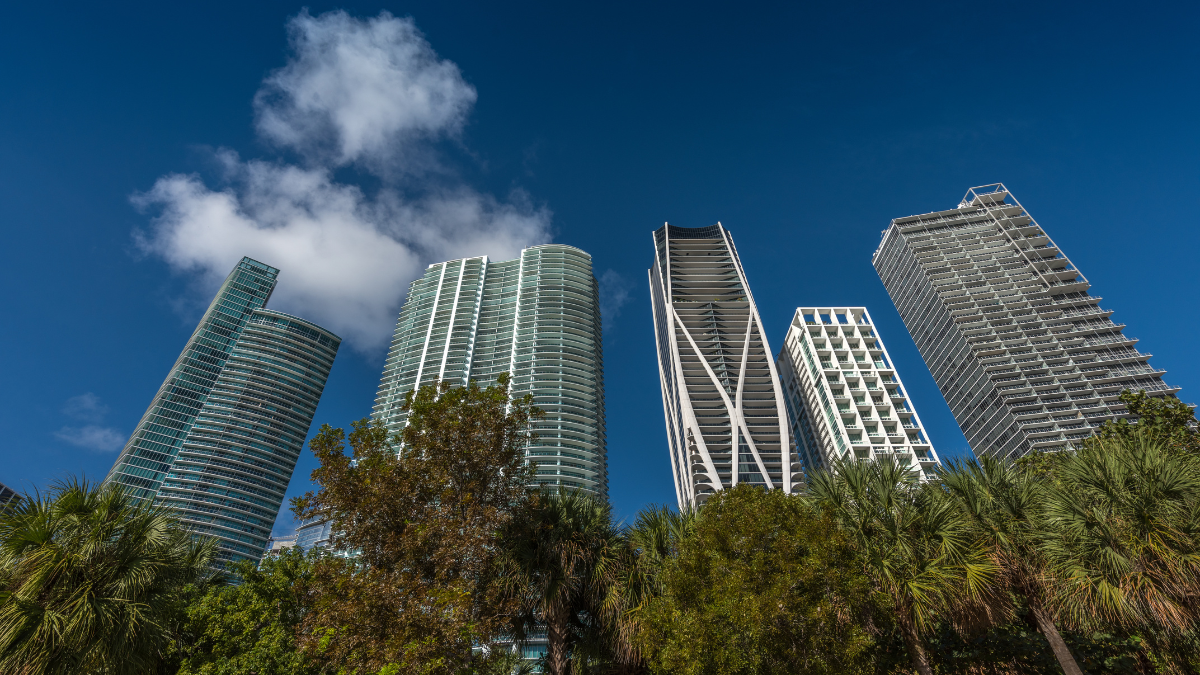Miami inflation among worst in the US – NBC 6 South Florida
The U.S. inflation rate has recently cooled, after hitting a 40-year high following the pandemic. This dip is partly due to rate hike efforts by the Federal Reserve.
However, the year-over-year inflation rate sat at 3.1 percent in January. This is still above the 2 percent target rate.
Personal-finance website WalletHub decided to take a look at exactly how inflation has been impacting people across the U.S. — and South Florida residents are among those being impacted the most.
23 major MSAs — Metropolitan Statistical Areas — were compared across two key metrics involving the Consumer Price Index, which measures inflation.
Researchers noted Consumer Price Index for the latest month for which BLS data is available to two months prior and one year prior — to get a snapshot of how inflation has changed in the short and long term, WalletHub stated.
Miami had the highest Consumer Price Index change when it came to January versus one year prior — at 5.70 percent.
See below, the five MSA’s with the largest inflation problems.
| Overall Rank | MSA | Total Score | Consumer Price Index Change (Latest month vs 2 months before) |
Consumer Price Index Change (Latest month vs 1 year ago) |
|---|---|---|---|---|
| 1 | Dallas-Fort Worth-Arlington, TX | 90.33 | 0.90% | 5.30% |
| 2 | Miami-Fort Lauderdale-West Palm Beach, FL | 70.46 | -0.20% | 5.70% |
| 3 | New York-Newark-Jersey City, NY-NJ-PA | 66.67 | 1.10% | 3.10% |
| 4 | Tampa-St. Petersburg-Clearwater, FL | 63.29 | 0.50% | 3.90% |
| 4 | Urban Honolulu, HI | 63.29 | 0.50% | 3.90% |
Cities with the smallest inflation issues include:
| 19 | St. Louis, MO-IL | 33.28 | -0.20% | 2.80% |
| 20 | San Francisco-Oakland-Hayward, CA | 26.17 | -0.40% | 2.60% |
| 21 | Baltimore-Columbia-Towson, MD | 22.03 | -0.30% | 2.10% |
| 22 | Phoenix-Mesa-Scottsdale, AZ | 16.08 | -0.90% | 2.70% |
| 23 | Anchorage, AK | 0.00 | -1.10% | 1.80% |
January’s data prompted renewed concerns that interest rate cuts would not begin for some time and that there could be fewer rate cuts than expected this year.
“While there is uncertainty about how effective interest rates are, there is consensus among economists that raising interest rates does lower inflation somewhat,” said Wake Forest University Assistant Professor, Aeimit Lakdawala. “However, interest rates are a blunt tool and rising interest rates can have widely varying impacts on households and businesses depending on their financial situation.”
Some experts feel the Federal Reserve should continue on its path for the most part, but with extra caution.
“The Federal Reserve should continue its course of tightening. It is appropriate to keep interest rates above inflation and to ‘quantitatively tighten,’ meaning to allow assets on its balance sheet to mature without purchasing new ones,” said Alexander William Salter, Associate Economics Professor with Texas Tech University. “However, the Fed must be careful. Now that inflation has fallen so much, it may be time to ease slightly.”



